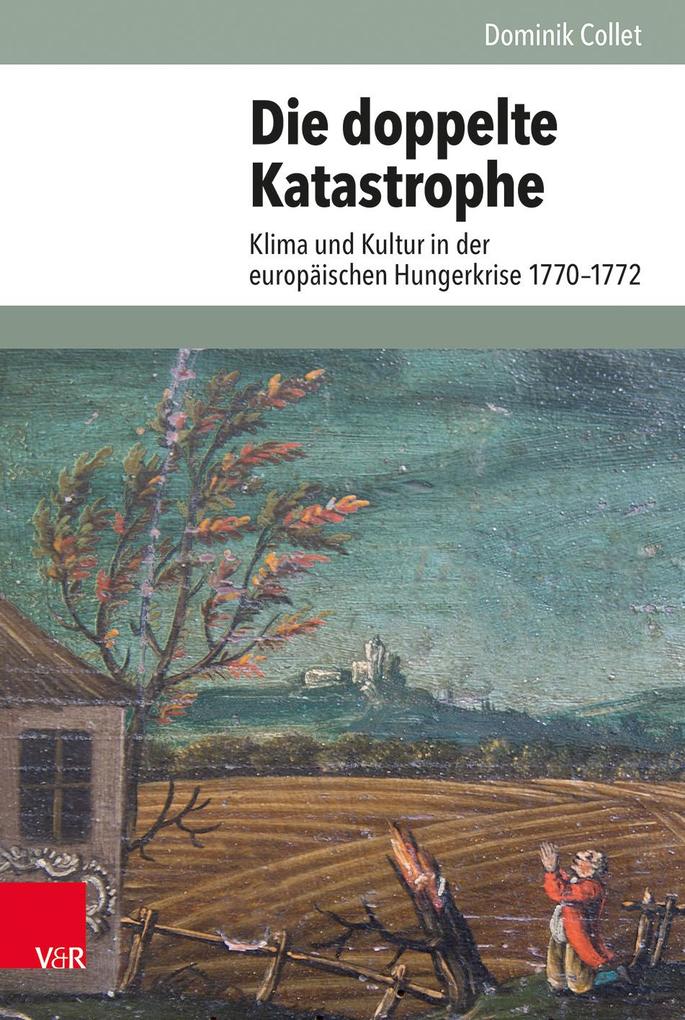Bücher versandkostenfrei*100 Tage RückgaberechtAbholung in der Wunschfiliale

Zustellung: Do, 13.03. - Sa, 15.03.
Sofort lieferbar
VersandkostenfreiBestellen & in Filiale abholen:
Zusammenhang von Klima und Kultur anhand der schweren europäischen Hungersnot im 18. Jahrhundert
At the end of the 18th century Europe suffered one of the worst subsistence crises of the Little Ice Age. The disastrous fatality of this double catastrophe was a result of both climate and culture. The effects of earth and famine were felt throughout Europe and claimed hundreds of thousands of lives. The crisis initiated mass migration, discrimination and bouts of antisemitism but also political reform, early humanitarianism and new fields of science. It linked the revolts of the Steelboys in Ireland with the absolutist coup in Sweden and the bourgeois reform movements in Saxony. Dominik Collet draws on these crises to trace, how climate anomalies have been socialised in the past and to highlight the surprising plurality of societal responses. His book calls for a socionatural approach to writing history. It narrates an entangled history of environment and society that pursues the links between short-term events and long-term, socio-ecological structures. Due to these interconnections the crisis of the 1770s reveals the deeper, underlying conflicts of the affected societies in the fields of economy, ecology and governance. They reveal the inherent vulnerability of Europe s grain societies and sketch the actions of governments, subjects and experts . In this complex environment catastrophes constitute both social and natural disasters. The study challenges social and climatic determinism and illustrates that more dynamic connections of climate and culture are both necessary and feasible. It calls for a fresh perspective that instead of separating nature and culture treats nature as history.
Mehr aus dieser Reihe
Produktdetails
Erscheinungsdatum
12. November 2018
Sprache
deutsch
Seitenanzahl
466
Reihe
Umwelt und Gesellschaft, 18
Autor/Autorin
Dominik Collet
Serie hrsg. von
Christof U. Mauch, Helmuth Trischler
Verlag/Hersteller
Produktart
gebunden
Abbildungen
mit 24 Abbildungen
Gewicht
929 g
Größe (L/B/H)
236/160/38 mm
Sonstiges
gebunden
ISBN
9783525355923
Entdecken Sie mehr
Bewertungen
0 Bewertungen
Es wurden noch keine Bewertungen abgegeben. Schreiben Sie die erste Bewertung zu "Die doppelte Katastrophe" und helfen Sie damit anderen bei der Kaufentscheidung.




















